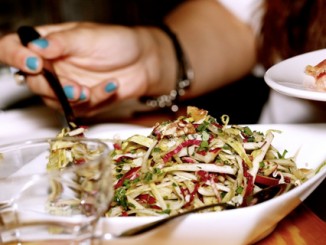I want be clear on something, if given the choice I would not have genetically modified (GM) foods in the environment.
In my work over the years I’ve seen way too many beautiful, sustainable, ethical foods to really see the need for GM crops.
On February 10th a Western Australian farmer named Steve Marsh took his neighbor to the WA Supreme Court. He will be suing his neighbor for damages because his neighbor allowed Monsanto GM Canola crops to contaminate his Organically Certified farm. Steve lost his organic certification, his core revenue stream and his ability to farm as he chooses.
This is the first time anywhere in the world that there has been a civil case like this and the ruling will set a precedent that will have an impact on consumer choices as well as the ability for our farmers to farm in a manner that they choose! It will impact hugely on how agriculture will work in future. Will there be GM exclusion zones? Or will it simply mean that we take advice from the Minister for Agriculture and say that it is simply a matter of certification, that the certification tolerances for GM contamination should be changed to allow for contamination (in Europe organic food certification can have up to a 10 per cent tolerance for contamination by GM).
As a consumer not wanting to eat GM foods, I would argue that not knowing if I was buying GM foods because certification allows for varying levels of contamination would seriously devalue not only the certification body and the trust associated with certification, but the entire perception of the organic and biodynamic industry en masse!
If Steve looses this case and certification changes, contaminations are allowed and these technologies continue to be let loose unchecked, then we will also lose as a country. One small example is that 70 per cent of the wheat grown in Australia is exported and a big fat chunk of it is certified organic for specific markets that demand non-GM food.



Leave a Reply
You must be logged in to post a comment.